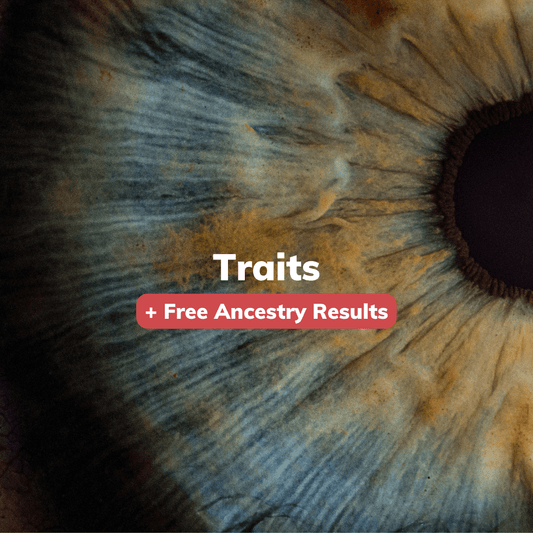
Skin aging
Celine HaarhoffAdvanced glycation end products, also known as AGEs, are compounds that form in the body due to a chemical reaction between proteins or fats, and sugars. AGEs can cause damage to cells and tissues in the body, leading to various chronic diseases and conditions such as diabetes, heart disease, and Alzheimer's disease.
A genetic predisposition to AGEs means a person is more likely to develop these chronic diseases and conditions because of their genetic makeup. This predisposition can be determined through a genetic test, which looks at a person's DNA to identify specific genetic variations associated with a higher risk of AGE-related diseases and skin aging.
Higher amounts of AGEs in the skin can cause the following:
- yellowing and browning of the skin
- poor skin elasticity
- deeper wrinkles
AGEs form during normal physiological processes in the body. More are formed as one ages and if chronic inflammatory metabolic conditions are present. However, one's environment can also can also cause increased amounts of AGEs.
Exogenous sources of AGEs include smoking, diet, air pollution and ultraviolet light. Thus, especially if you are genetically predisposed to higher amounts of AGE products, you should minimize exposure to these environmental factors to prevent accelerated skin aging and wrinkling.
Overall, a genetic test for AGEs can provide valuable information about a person's risk of developing chronic diseases and skin aging and can help healthcare providers develop personalized skin treatment plans that consider a person's unique genetic makeup. This can lead to better outcomes for people with a genetic predisposition to AGEs and can help to prevent the onset of chronic diseases and premature skin aging.


